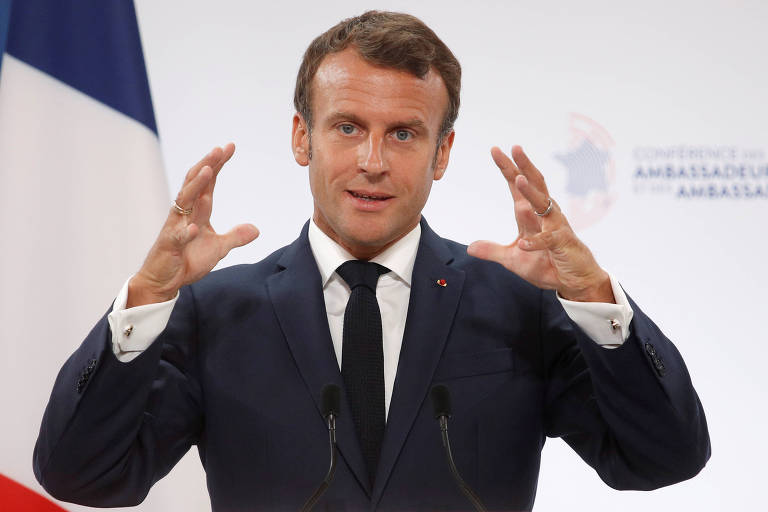French President Emmanuel Macron positioned himself as a leader sensitive to the environmental cause, but activists also criticize France's management of the French Amazon in French Guyana.
The forest covers about 95% of this French department of 296,000 inhabitants, which borders Amapá. There, one of the most controversial extraction projects today is the Golden Mountain, which would potentially occupy 800 hectares (8 km²) in northwestern Guyana.
The operation of the Russian-Canadian Gold Mountain joint venture envisions the use of 46,500 tonnes of highly toxic cyanide and 57,000 tonnes of explosives to extract 85 tonnes of gold in 12 years.
In early 2019, the UN Committee on the Elimination of Racial Discrimination urged France to reopen the public consultation on the mega-enterprise and to take into account the reluctance of local indigenous people.
In May, reversing his speech at the beginning of his tenure in 2017, Macron said the initiative did not seem to him to be compatible with French environmental policy. Two weeks later, then Ecological Transition Minister François de Rugy added that it would not materialize.
The company responsible for the project reacted by promising to adjust it to the demands of those involved and noted that it will create 750 jobs—the unemployment rate in the territory is 19%.
Golden Mountain enthusiasts underscore its economic potential and point out that it will occupy only 0.01% of the department's total area.
While questioning the green light of France's largest open-pit mine in May, the government granted another firm a license to exploit a second area.
According to the French Armed Forces, there are about 130 permits for ore extraction in the territory. In this formal sector, gold production in 2016 was 1.3 tons, generating revenues of 45 million euros (R $ 207 million).
Illegal mining shows much more robust figures, with annual production estimated at up to nine tons and revenue of around 200 million euros (R $ 922 million).
Brazilian citizens make up one-third of the Guyanese population. Of these, it is estimated that 10,000 work in irregular mines. A Brazilian government source reports that there are reports every day of homicides linked directly or indirectly related to the dispute for gold. Many women are victims of trafficking and sexual exploitation.
Translated by Kiratiana Freelon
